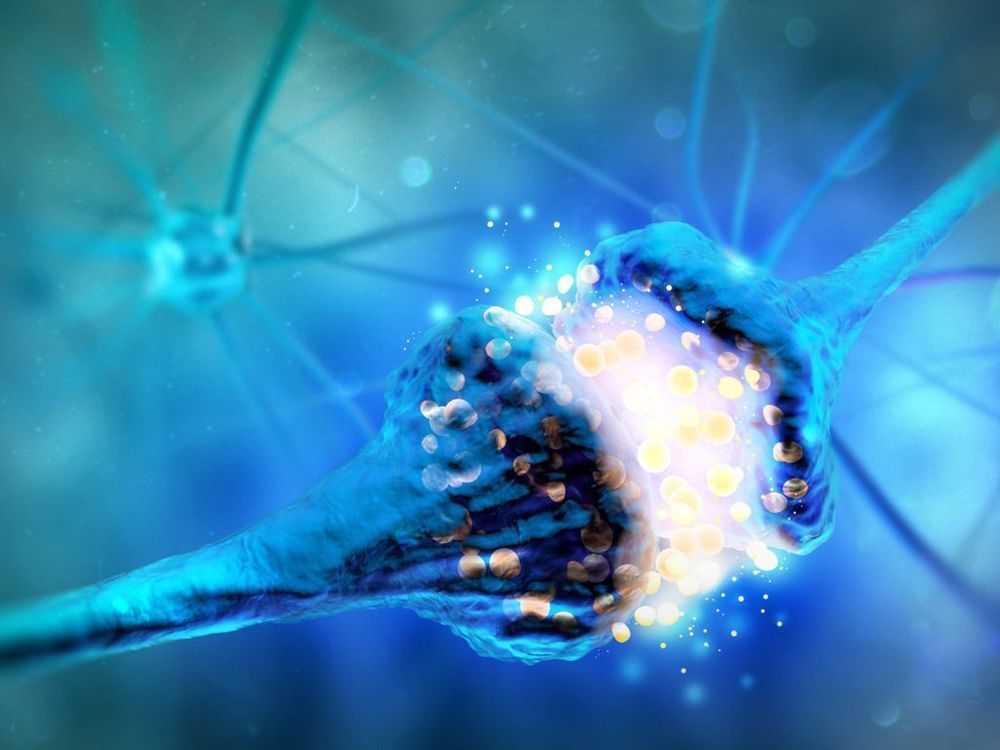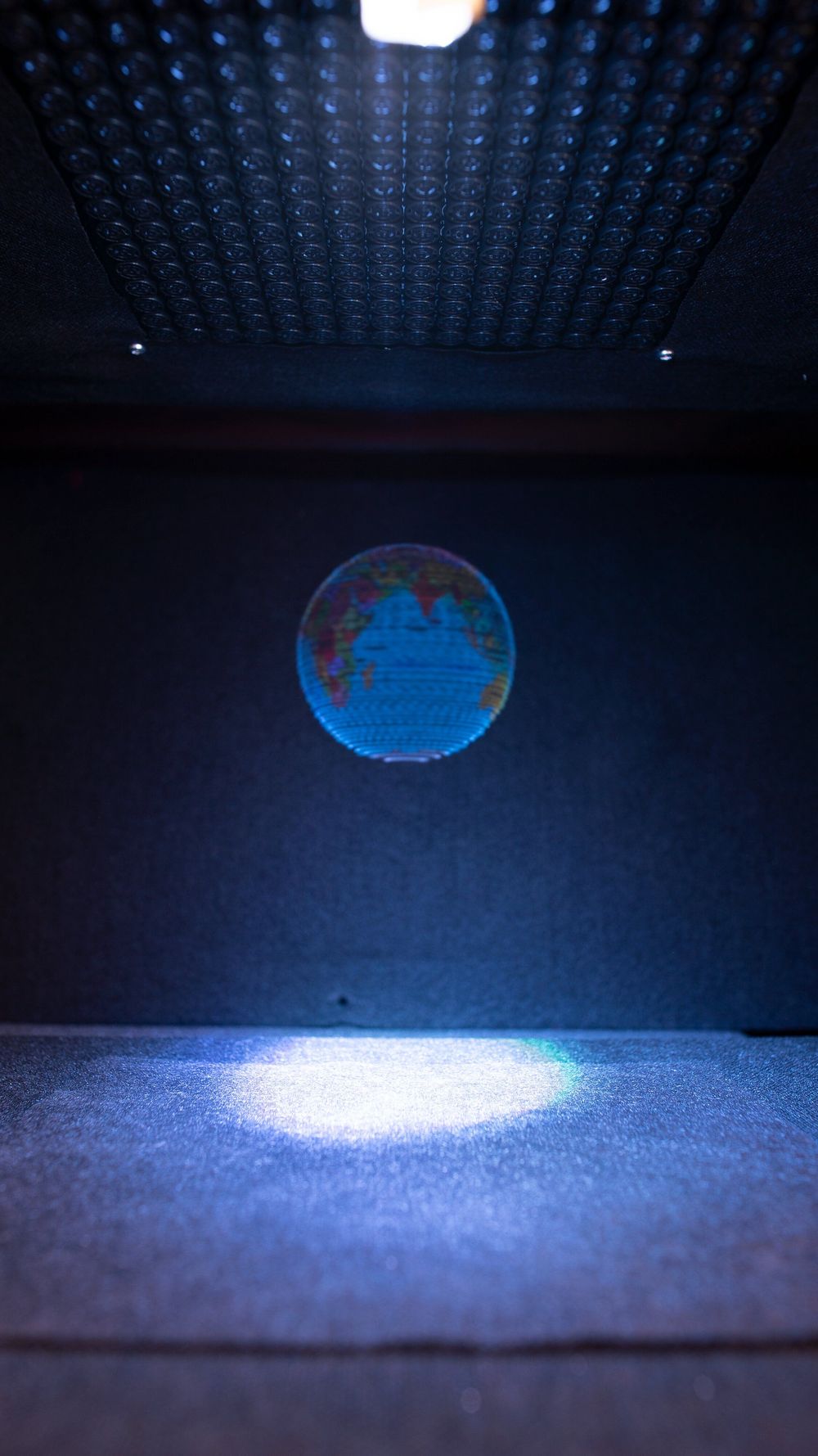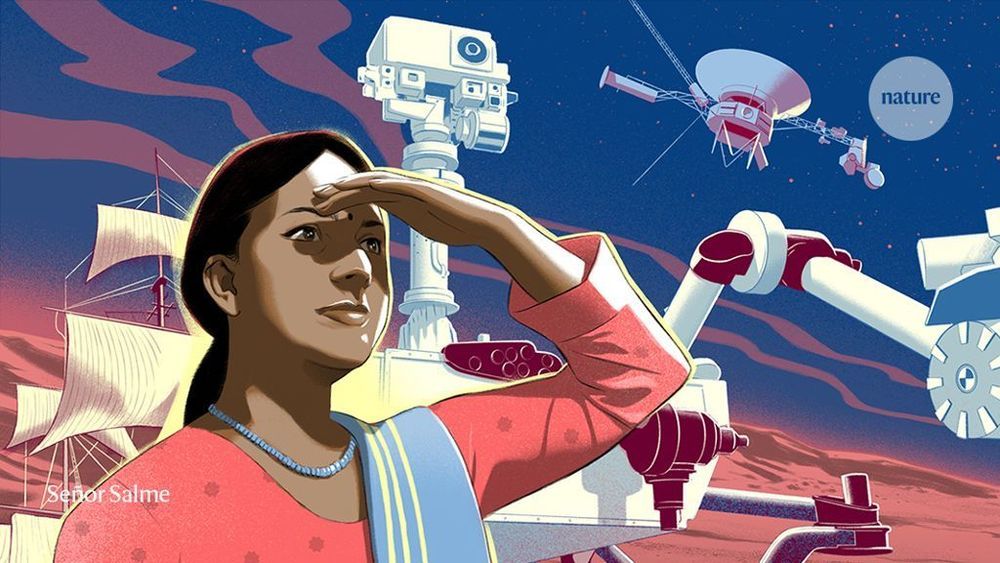Ira Pastor, ideaXme exponential health ambassador and founder of Bioquark, interviews Sister Ilia Delio PhD. OSF, a Franciscan Sister (Order of St Francis of Washington, DC) who holds the Josephine C. Connelly Endowed Chair in Theology at Villanova University.
Ira Pastor Comments:
On previous shows, as we’ve spent time discussing the bio-architecture of life, we have spent time at various levels of this unique hierarchy, from the very, very small (as we’ve delved into topics like quantum biology), to the very large (as we discussed themes like chronobiology), and a lot of domains in between: the genome, micro-biome, systems biology, etc.
Today, however, we are going to further and deeper than we’ve ever been before.
Sister Ilia Delio, PhD
Dr. / Sister Ilia Delio PhD. OSF, is a Franciscan Sister (Order of St Francis of Washington, DC) and holds the Josephine C. Connelly Endowed Chair in Theology at Villanova University.
A native of Newark, NJ, she earned a B.S. in Biology from DeSales University, a masters degree in Biology at Seton Hall, and a doctorate in pharmacology from Rutgers University-School of Healthcare and Biomedical Sciences (with specialization in neuro-toxicology, with an emphasis on neuromuscular disease) and she wrote her dissertation on axonal dysfunction in an experimental model of Lou Gehrig’s (ALS) disease.




